Day well spent: Paralympians, favela kids find mutual respect
Impoverished Rocinha comes alive with trainings, talks and demos
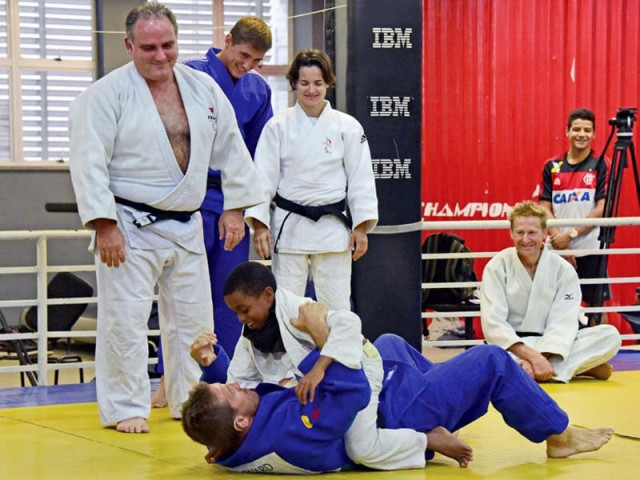
Canto’s institute promotes access to sport and education for Rio’s poor and has trained top judokas, including gold medallist at the Olympics this August, Rafaela Silva. PHOTO: AFP
Foreign celebrities and sports stars often follow a well-beaten track from Rio’s glamorous tourist-friendly districts to make brief morale-boosting visits in the poor, sometimes deeply violent favela communities.
But the trip by a dozen French judokas and other Paralympians to Rocinha, the biggest favela of all, had a difference. Rather than just coming to witness the locals’ difficulties, these visitors brought their own stories of overcoming terrible odds.
Wheelchair warriors revolutionising duels
After leaving the bubble of the athlete’s village in the posh Barra district, meeting about 30 young judo students in rough-edged Rocinha was a distinct reality check for the French.
“We are very lucky to be with them. Not all the children here have what they deserve: access to schooling, health, a roof over their heads. It’s extremely important that we give them a little moment of happiness,” said Sandrine Martinet, who won gold in the under 52kg category and has had poor sight since birth.
She and other French athletes were welcomed to the Instituto Reacao NGO by its founder, 2004 Olympic bronze medallist Flavio Canto.
Small wonders: Dwarfs with giant talents
For about an hour, judokas, athletics team members and swimmers took part in the training, talked with the children and gave demonstrations. Each had a separate story of being blind or deaf or partly paralysed or amputated.
If the visitors were impressed by the obstacles Rocinha’s young face in their attempt to build lives, the admiration was mutual.
Young judokas had their eyes blindfolded so that they could experience judo without being able to see.
Haider Ali bags bronze for Pakistan in 2016 Paralympics
“I did it and it was really, really difficult,” said 15-year-old Julia. “They are incredible to be able to do judo without seeing.”
Renan, 11, was ecstatic after having been able to compete against Frenchman Cyril Jonard, who is deaf and has impaired vision.
“They don’t have our advantages,” said Renan. “But I don’t feel sorry for them because they made us feel proud and they win even with handicaps.”
Published in The Express Tribune, September 18th, 2016.
Like Sports on Facebook, follow @ETribuneSports on Twitter to stay informed and join in the conversation.

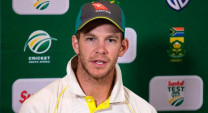
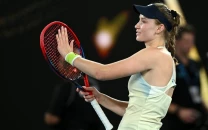
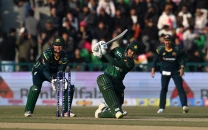
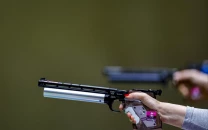
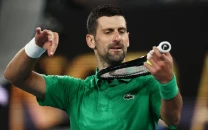
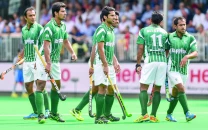












COMMENTS
Comments are moderated and generally will be posted if they are on-topic and not abusive.
For more information, please see our Comments FAQ